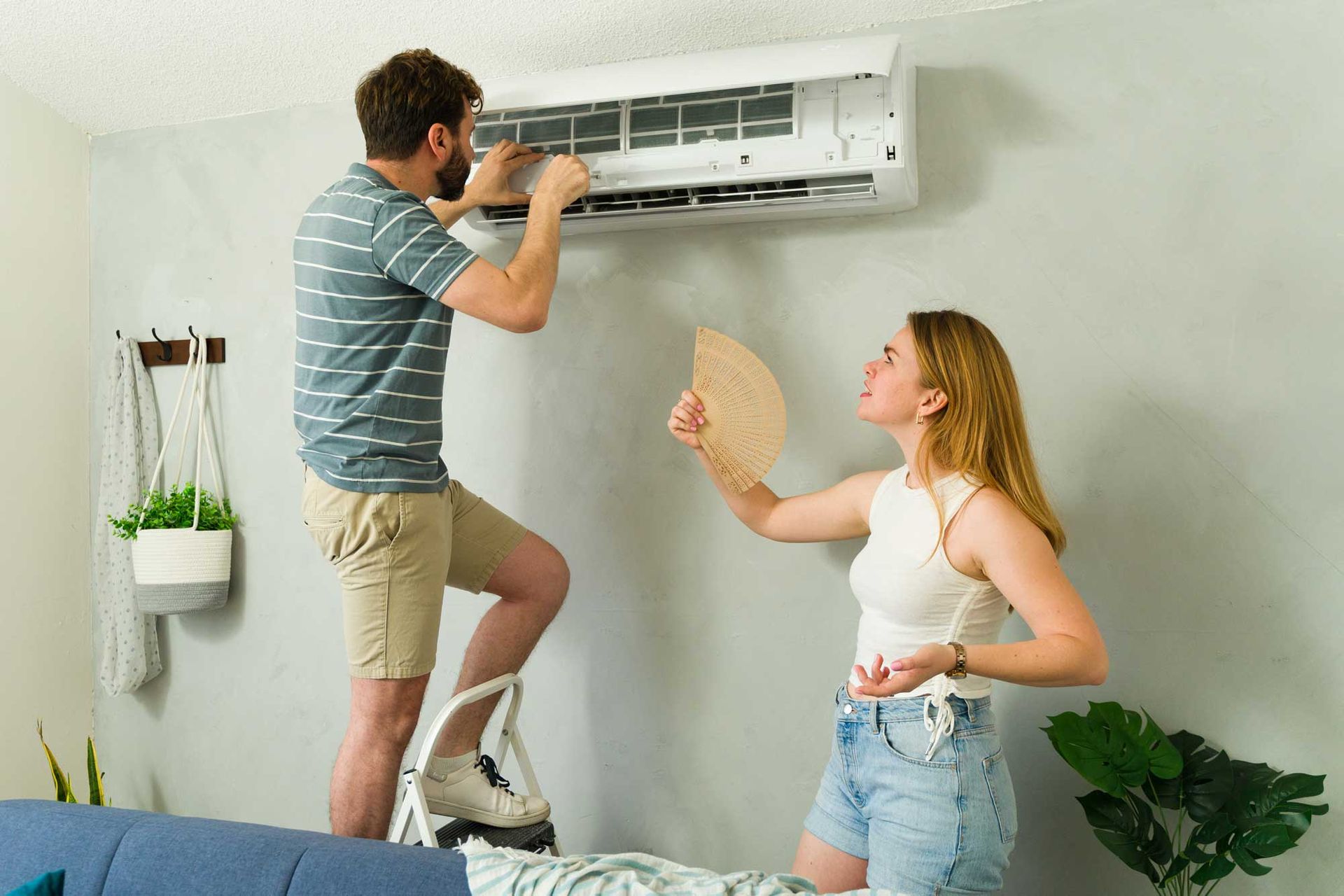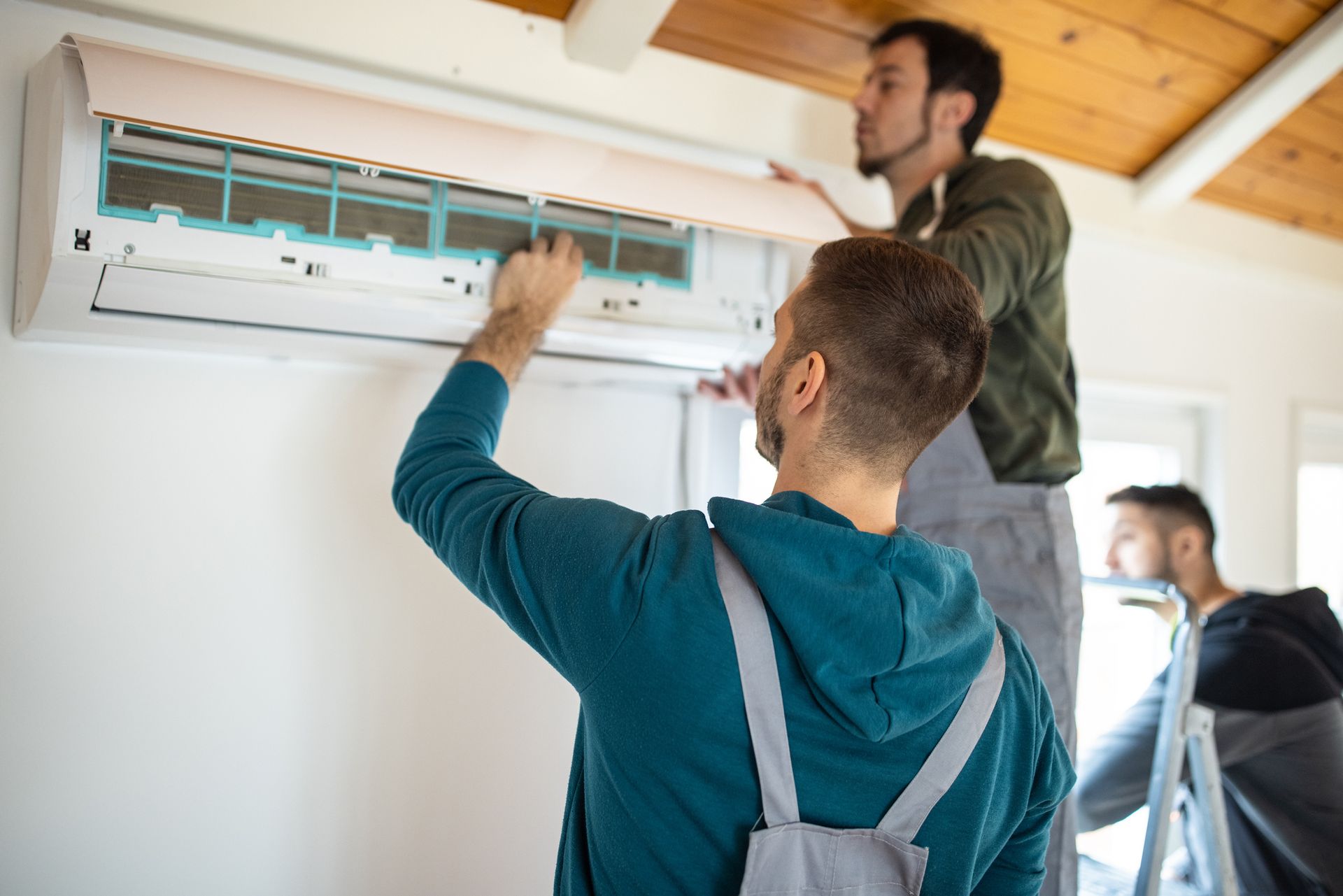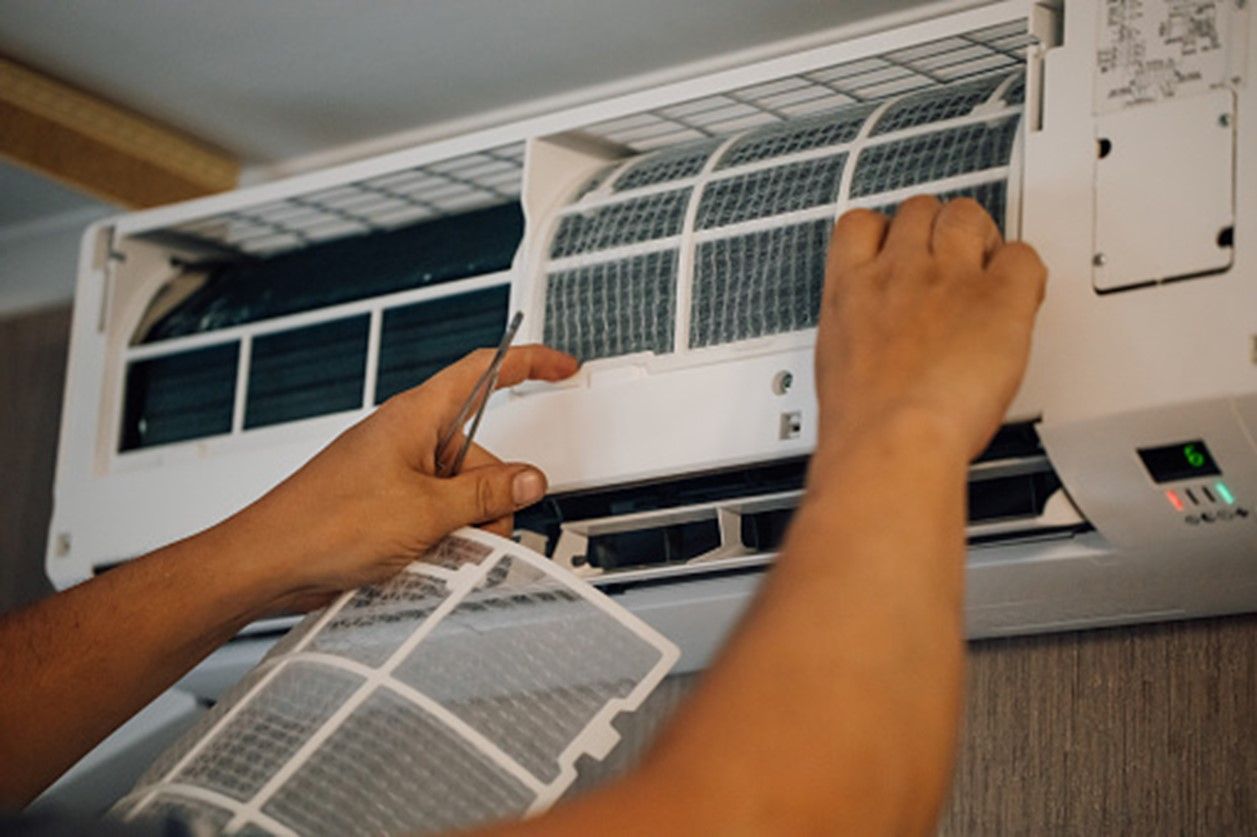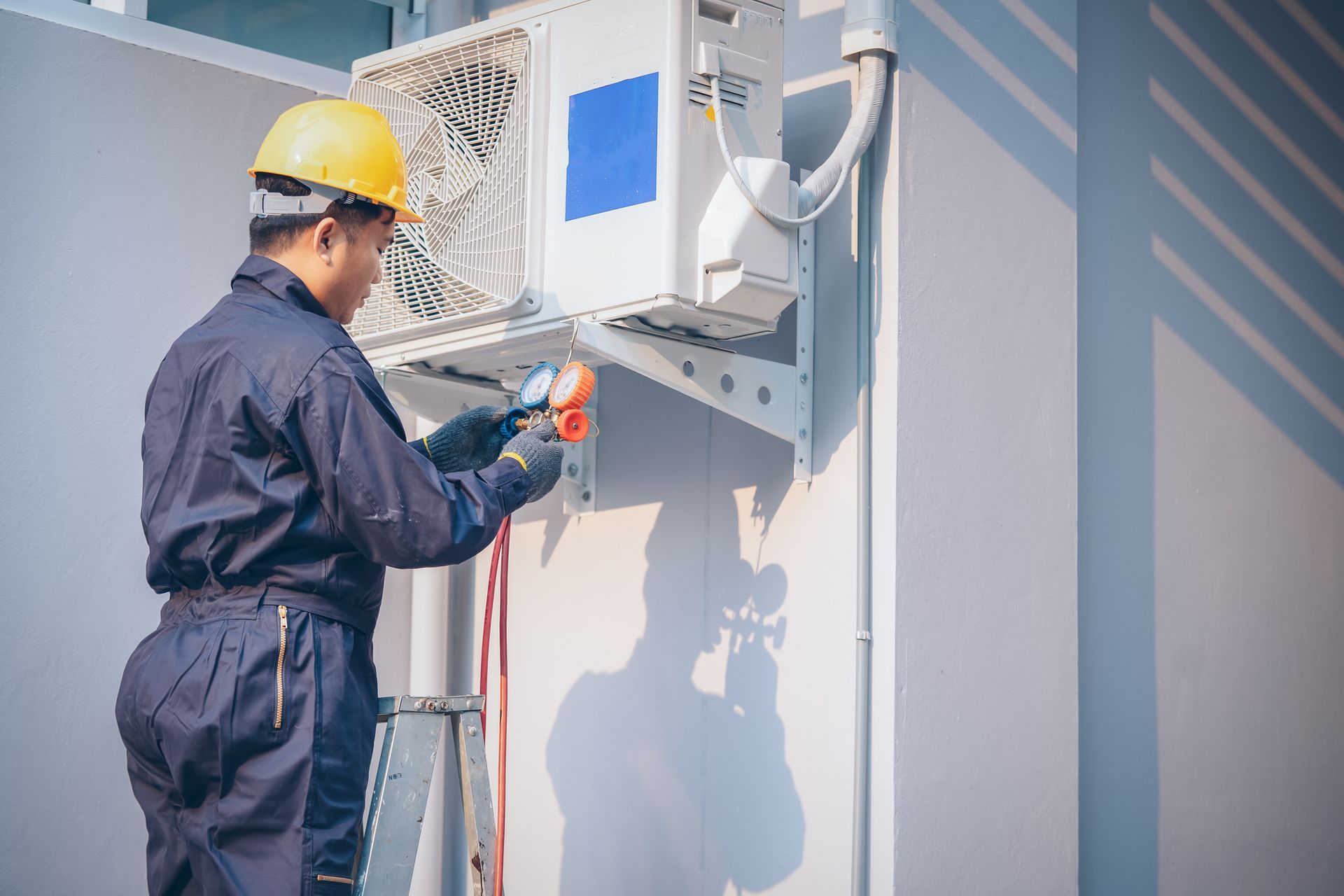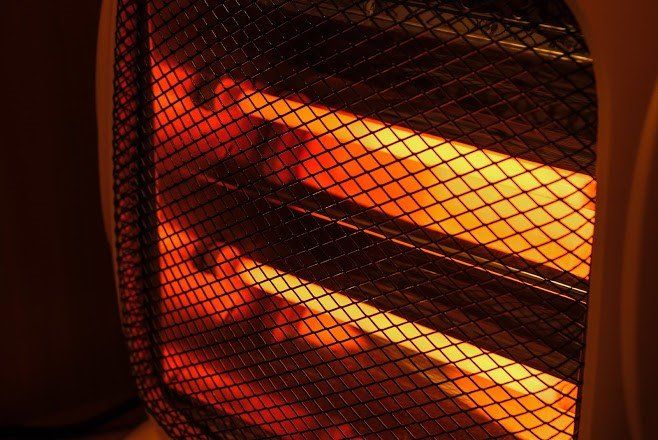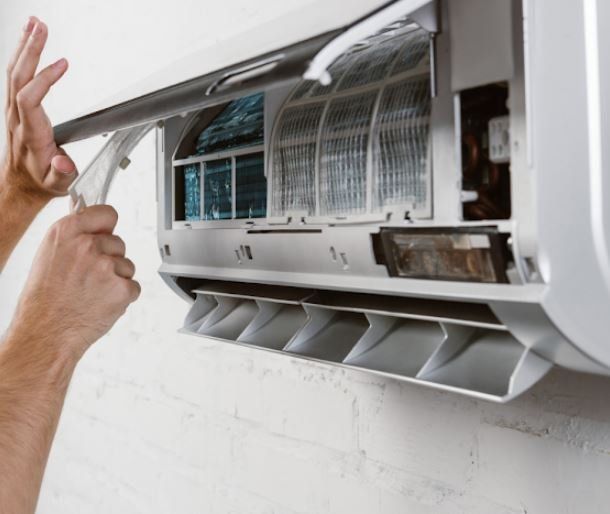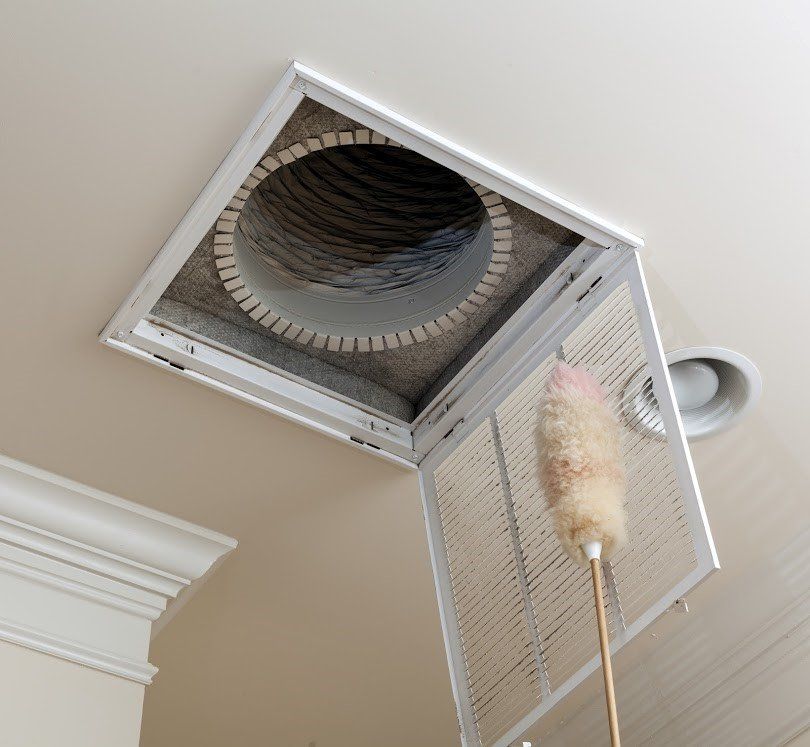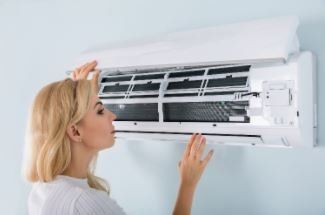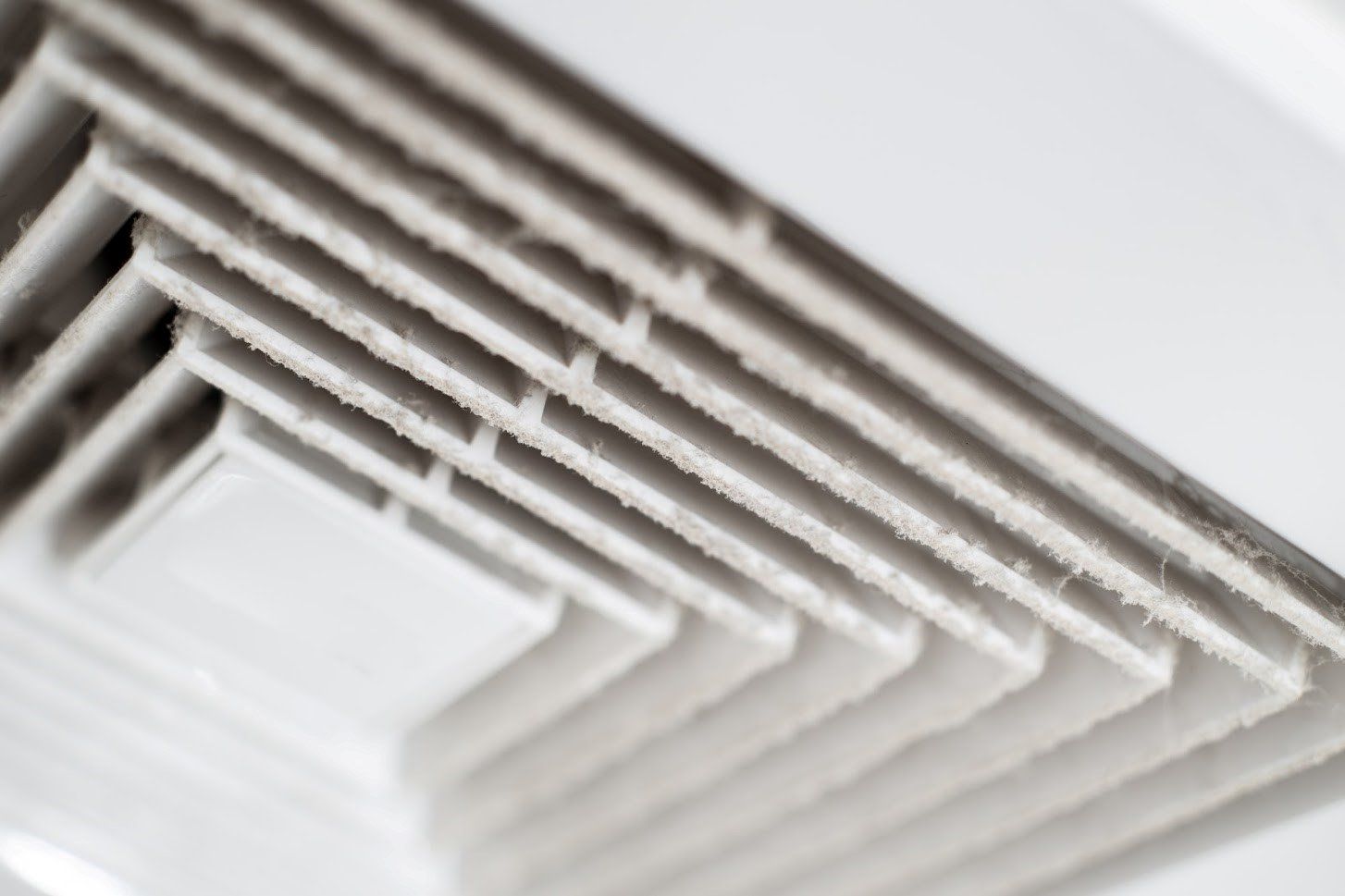What You Need to Know About Air Quality in Your Home
Admin • November 8, 2019
In Southwest Florida, where temperatures can remain in the 70s and 80s even through winter, a well-functioning cooling system is a must. Although your AC system has the main function of keeping your home at a comfortable temperature, it also has a lesser-known but equally as important job — to help maintain the indoor air quality.
Air Quality Basics
At its most simple, air quality simply refers to the amount of possible irritants in the air at any given time. Poor air quality can impact your health and your quality of life.
Impacts on Air Quality
Many things can affect the air quality in your home, including pet dander, mold, dust, chemicals in the air, and pollen. Those who suffer from respiratory conditions, such as asthma, as well as the very young and elderly, are most at risk from air quality issues.
Concerns About Air Quality
The health effects of poor air quality can be severe. At a minimum, poor air quality can cause eye and nose irritation, along with coughing, sneezing, and minor lung irritation. In more severe cases, the poor air can lead to the development of asthma and breathing difficulties, as well as headaches, nausea, and congestion.
Repeated exposure to poor air can make these symptoms worse and sometimes lead to chronic health problems.
Air Improvement Strategies
Fortunately, you do not have to live with bad air quality. Since your home is likely where you spend the most time, the health and comfort payoffs from improving your air quality are often immediate.
Address the Ventilation
Poor ventilation is often at the root of air-quality issues. A flow of fresh air through the home can clear out many pollutants, although you will want to keep windows closed during times of high pollen counts.
You can provide fresh air by opening a window, or you can have automatic whole house ventilation from your HVAC company. Vents will open and close at regular intervals to allow in fresh air without compromising the cooling capabilities of your AC.
Install a Purifier
Not all pollutants are easily removed, which is where a purifier can help. Air purifiers, also referred to as air cleaners, can be stand-alone or they can hook into your central HVAC system. Air flows through the purifier where the air is subjected to multiple layers of filtration. The filtration removes particles like dust, mold, pollen, and some pollutants, resulting in cleaner air.
If you opt for an inline purifier on your HVAC system, you can rest assured that the air is cleaned before it recirculates through your home.
Manage Humidity
Mold spores thrive in humidity, which makes mold a major concern in many Florida homes. One way to keep humidity levels low in the home is to run your HVAC system often. Your air conditioner does remove some excess air moisture, which is apparent if you ever check the amount of water that drains from the exterior unit on a humid day.
Of course, during periods of elevated humidity, the normal moisture removal from your AC system may not be enough. A free-standing or whole-house dehumidifier is a more reliable option when managing the moisture in the air of your home.
Service Your HVAC System
Dust and pollen buildup in your heating and cooling system is another variable that affects air quality. At a bare minimum, you should change the air filter in the system monthly to every two months. Upgrade to a HEPA filter, which can remove smaller particles and pollutants, when you next change the filter.
Regular HVAC service is also a must. Your service technicians will not just tune-up the unit, but they will also remove dust that collects inside the fan motors and filter housing, which further cuts down on air pollutants. If dust or mold is in your ducts, you can also schedule a duct cleaning.
Air quality is important. Take the first step to improving the air in your home by calling Weather Control Air Conditioning, Inc.,
today.


